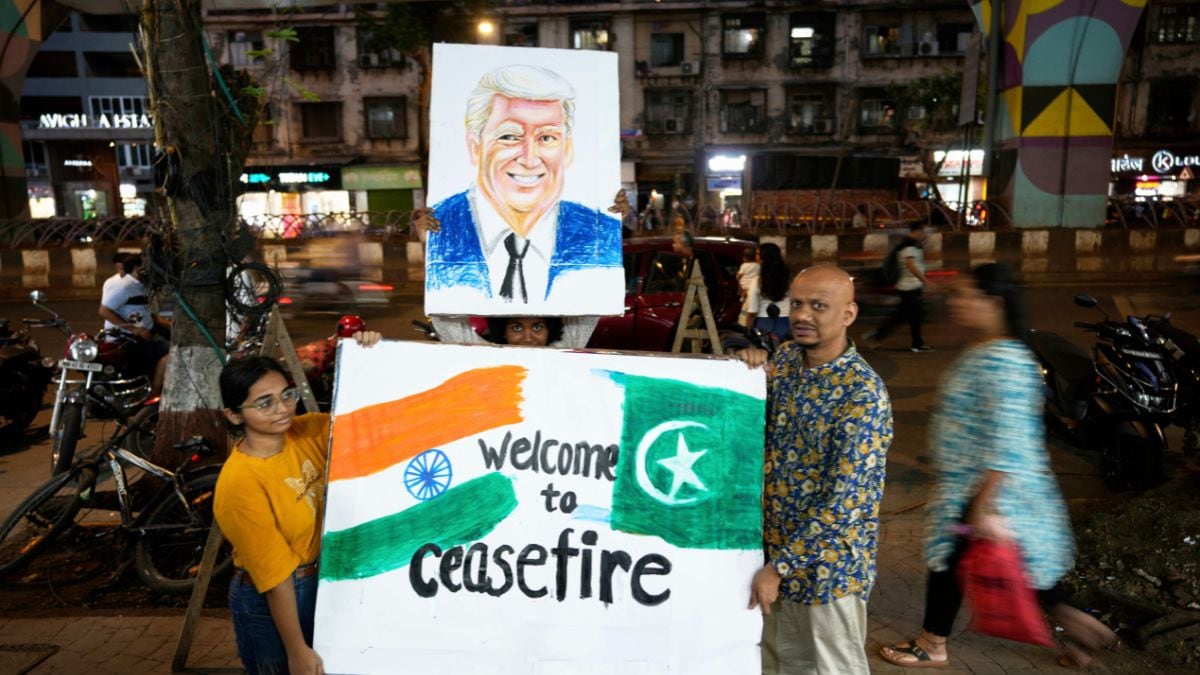

The United States government, under the former Trump administration, is now citing its role in brokering a ceasefire between India and Pakistan as justification for maintaining tariff powers. This claim, initially made by Donald Trump himself, is being used in court to defend the administration's imposition of tariffs on various countries.
The assertion comes amidst a legal challenge against the tariffs, with small companies arguing against the legality of the 10% tariffs imposed on nearly all imports. In response, officials from the Trump administration are arguing that these tariffs are essential tools for national security and foreign policy. Specifically, they claim that the threat of trade restrictions was instrumental in de-escalating tensions between India and Pakistan earlier this month.
According to the Trump administration, the conflict between India and Pakistan, which followed a terrorist attack in Jammu and Kashmir, was defused after President Trump intervened and offered both nations trade access with the United States. Commerce Secretary Howard W. Lutnick, in a legal submission, stated that the ceasefire was "only achieved after President Trump interceded and offered both nations trading access with the United States to avert a full-scale war." He further warned that a ruling against the tariff powers could lead India and Pakistan to question the validity of President Trump's offer, potentially threatening regional security.
However, the Indian government has strongly refuted these claims. According to Indian officials, trade was never a topic of discussion during high-level conversations between Indian and US counterparts in the lead-up to the ceasefire. They have publicly disclosed details of phone calls between US Vice President JD Vance and Prime Minister Narendra Modi, as well as between US Secretary of State Marco Rubio and External Affairs Minister S. Jaishankar and National Security Advisor Ajit Doval, stating that trade was not mentioned in any of these discussions.
Despite India's denial, the Trump administration is standing by its claim, using it as a key argument in defense of its trade policies. They argue that the ability to impose tariffs gives the US leverage in international relations, allowing it to influence the behavior of other countries and prevent conflicts. The administration officials have warned that a legal setback in the case could change the course of an “asymmetric” trade truce with China, and revive India-Pakistan conflict
The case is currently being heard by the US Court of International Trade, a federal court with jurisdiction over international trade and customs laws. The court's decision could have significant implications for the future of US trade policy and the president's ability to use tariffs as a tool of foreign policy.